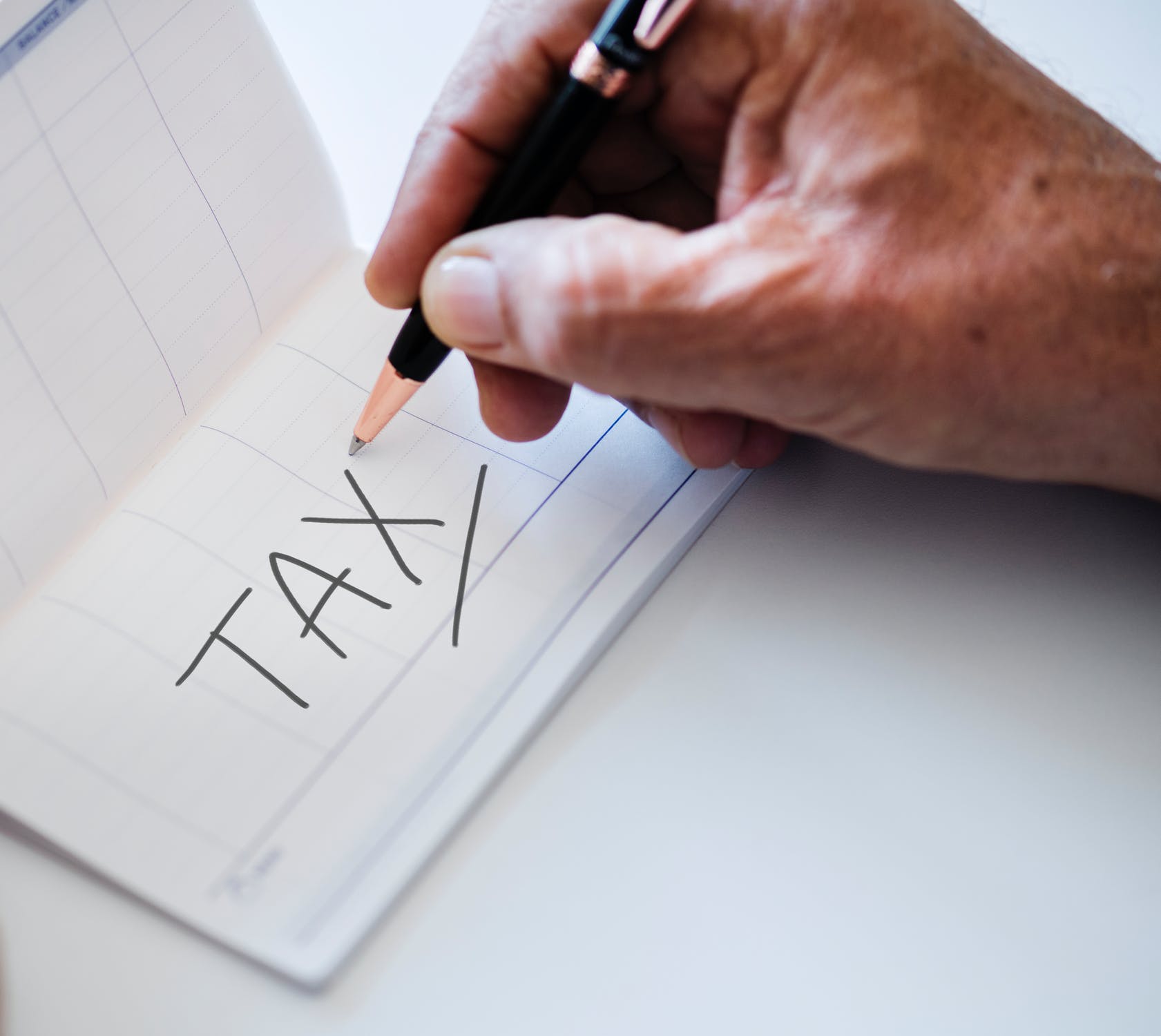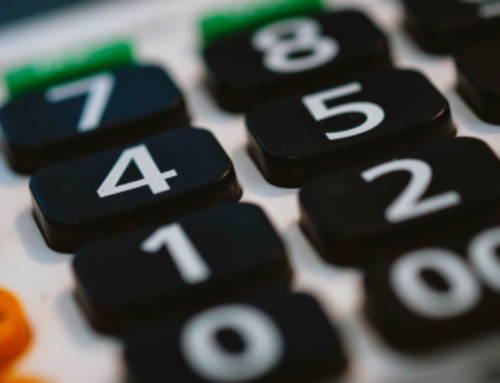To finalize the celebration of America Save Week, I thought I would share some information to get you thinking about your taxes.
If you anticipate a tax refund, you are already planning on how to use that money, aren’t you? Whether you are getting back a little or a lot, the way you use that money can have a real impact on your personal and financial well-being. So think through all the options, even the ones you don’t really think sound appealing.
Three general rules you should follow before getting your refund:
• Do plan ahead before spending your refund. Have a plan, and involve the family to increase the chances you will identify all the possibilities and think about which ones are most important.
• Do devote a portion of your tax refund to build long-term financial security.
• Don’t throw away part of your refund on preparation fees and-or loan fees. Those companies who offer “quick refunds” are really just giving you a loan, and taking part of your refund as interest. If you need help, you can get free tax preparation programs like VITA at irs.treasury.gov/freetaxprep/ or from AARP bit.ly/hnF42p.
I have been working on my taxes and will be receiving a refund, and I have a plan for that money. Here are some great ideas for using money you are getting back.
• Pay off bills. Your first priority is to pay any regular monthly bills if you have fallen behind. Most other debts should be prioritized with highest-interest-rate debts being paid off first.
• Save for needs in the coming year in an emergency fund. Having money saved for emergencies can get you through small emergencies, like car repair or medical bills, without breaking a sweat. In the ultimate emergency (loss of income), an emergency fund can keep you afloat until you find another income source. Use part of your tax refund to start or build your emergency fund. Occasional expenses are those big bills that come once a year or every few months – like car insurance – and can cause huge problems for families. Avoid those problems by being ready for the bills. Use your tax refund to start a special savings fund, then keep adding to it throughout the year.




